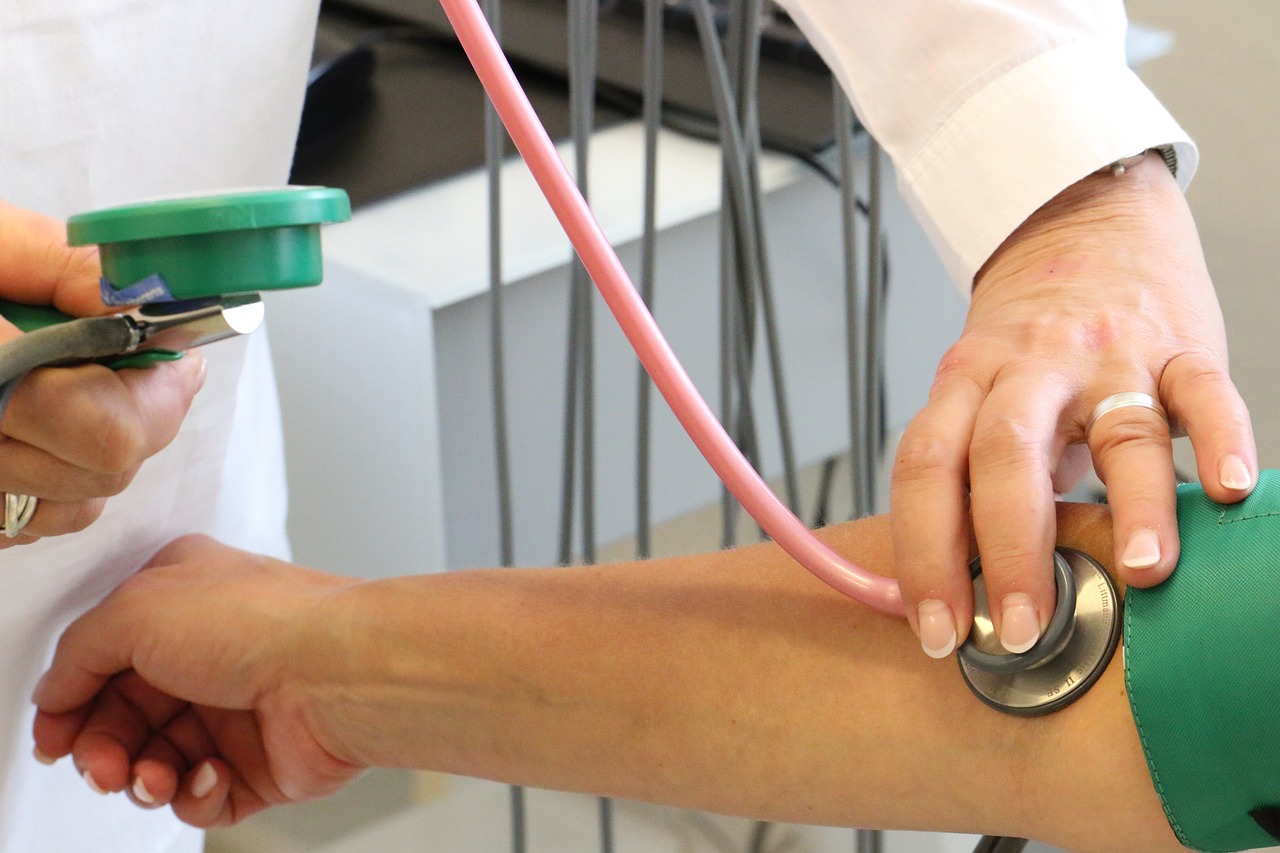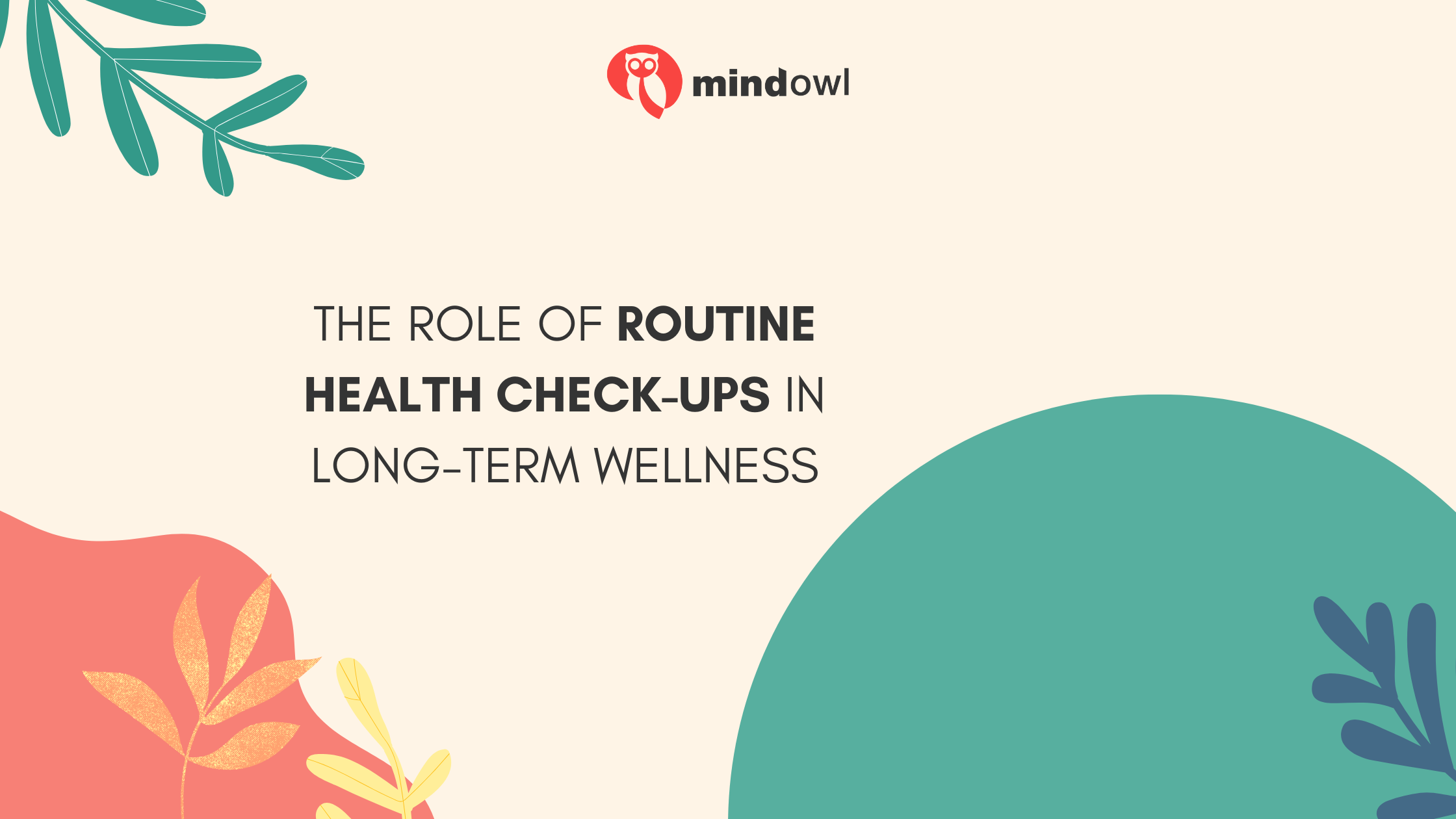
Image by Tomwieden from Pixabay
Image alt: Medical check-up
Many people visit a doctor only when they feel unwell, yet waiting for symptoms to appear can mean missing early signs of underlying conditions. As such, routine health check-ups act as a preventive measure. Understanding what it entails, how often it should be scheduled, and the benefits can help you take control of your health before minor concerns escalate into serious conditions. This article expounds on these points.
The Benefits of Routine Health Check-Ups
Health isn’t something to take for granted. It’s easy to assume everything is fine when the symptoms are not obvious, but many severe conditions develop silently. A general practitioner is the best choice for routine check-ups, as they assess overall health and identify potential concerns. They refer patients to specialists for targeted evaluations when necessary.
However, you can schedule separate check-ups to see a specialist for each health issue. Online directories, hospital websites, and referrals from general practitioners simplify the search for specialists, such as finding an eye doctor in Naples, based on the location.
Routine health check-ups have the following benefits:
Early Detection of Health Issues
Many illnesses, including high blood pressure, diabetes, and even some cancers, show no warning signs in the early stages. Thus, a check-up is about monitoring key health indicators. For instance, blood pressure, cholesterol, heart rate, and BMI change over time, and tracking them helps identify trends that may require attention. These small insights can make a big difference in preventing long-term complications.
In addition, some health issues indicate their presence through subtle signs that may seem unrelated at first. For example, eye exams can uncover underlying health conditions such as diabetes, high blood pressure, and neurological disorders.
Personalised Preventive Care
Routine visits ensure you’re up to date on necessary screenings based on age and gender, such as mammograms, prostate exams, or bone density tests. These targeted checks help prevent long-term health issues and ensure timely interventions.
Further, you get advice on improvements tailored to your needs. It also helps identify risk factors based on your medical history and family background, allowing for early lifestyle adjustments. For example, if you have a family history of diabetes, your doctor may recommend specific diet or exercise plans to lower your risk.
Strengthening Your Immune System
Regular check-ups help address deficiencies in essential nutrients like vitamin D, iron, or B12, which can weaken immunity and energy levels. Doctors can also assess how stress, sleep habits and other factors affect your ability to fight illness.
Saving Money in the Long Run
Preventing a disease is far less expensive than treating it. Hence, routine check-ups help you avoid costly medical procedures by catching issues early. It reduces the need for hospitalisation, surgery, or long-term medication. Health insurance providers may even offer discounts or incentives for preventive care, making regular visits financially beneficial.
Key Components of a Routine Health Check-Up
Physical Examination
A routine check-up typically begins with a physical examination, where a doctor assesses vital signs such as blood pressure, heart rate, and temperature. They may also examine lung function, reflexes, and abdominal health to detect any early signs of illness. This evaluation can reveal underlying concerns that need attention even when you display no symptoms.
Blood Tests and Lab Work
Blood tests are essential in preventive healthcare, offering insights into cholesterol levels, blood sugar, liver and kidney function, and nutrient deficiencies. These tests can detect conditions like diabetes, anaemia, or thyroid imbalances before noticeable symptoms develop.
Certain health screenings become more crucial with age or personal risk factors. For instance, cancer screenings, such as mammograms, prostate exams, and colonoscopies, help with early detection and treatment. Bone density scans assess the risk of osteoporosis, while eye and hearing tests ensure sensory health. Further, a doctor may recommend an ECG or stress test to monitor cardiovascular function for individuals with a family history of heart disease.
Lifestyle and Preventive Guidance
Doctors provide personalised advice on diet, exercise, and sleep. They also review vaccination schedules and recommend necessary immunisations to protect against preventable diseases. These conversations help individuals take proactive steps toward long-term health.
Mental Health and Emotional Well-Being
Routine health assessments increasingly include discussions about mental health. Stress, anxiety, and depression can have significant effects on overall well-being, yet they often go unaddressed. Therefore, a check-up is an opportunity to discuss emotional health. If needed, you may get referrals for further support or therapy.
How Often Should You Get a Health Check-Up?
The frequency of routine health check-ups depends on age, medical history, and lifestyle. For healthy adults, a general check-up every one to two years is usually sufficient. However, more frequent visits become necessary as people age or develop risk factors. Those with chronic conditions such as high blood pressure or diabetes may need check-ups every six months to monitor their condition and adjust treatment as needed.
Many people delay or avoid check-ups due to cost, time constraints, or fear of receiving bad news. One way to make healthcare more accessible is to take advantage of free screenings offered by clinics, community health programs, or workplace wellness initiatives. Health insurance policies often cover preventive visits, so checking what your policy includes can reduce financial concerns.
Busy schedules can also make regular check-ups difficult, but booking appointments well in advance and choosing morning or late evening slots can help fit them into a routine. In addition, some healthcare providers now offer virtual consultations for initial assessments, which can save time while still ensuring necessary care.
For those who feel anxious about medical visits, bringing a friend or family member for support or discussing concerns with a doctor beforehand can make the experience less stressful.
Conclusion
Routine health check-ups help you stay in control of long-term well-being. For instance, a single visit can prevent minor issues from escalating into severe conditions. Preventive care also reduces the financial and emotional burden of unexpected medical problems. Even with a busy schedule or concerns about cost, prioritising routine check-ups leads to better health outcomes and a higher quality of life.
MindOwl Founder – My own struggles in life have led me to this path of understanding the human condition. I graduated with a bachelor’s degree in philosophy before completing a master’s degree in psychology at Regent’s University London. I then completed a postgraduate diploma in philosophical counselling before being trained in ACT (Acceptance and commitment therapy).
I’ve spent the last eight years studying the encounter of meditative practices with modern psychology.

